
Politics
16:06, 07-Mar-2017
China's GMOs safety is ‘guaranteed’
Updated
10:58, 28-Jun-2018
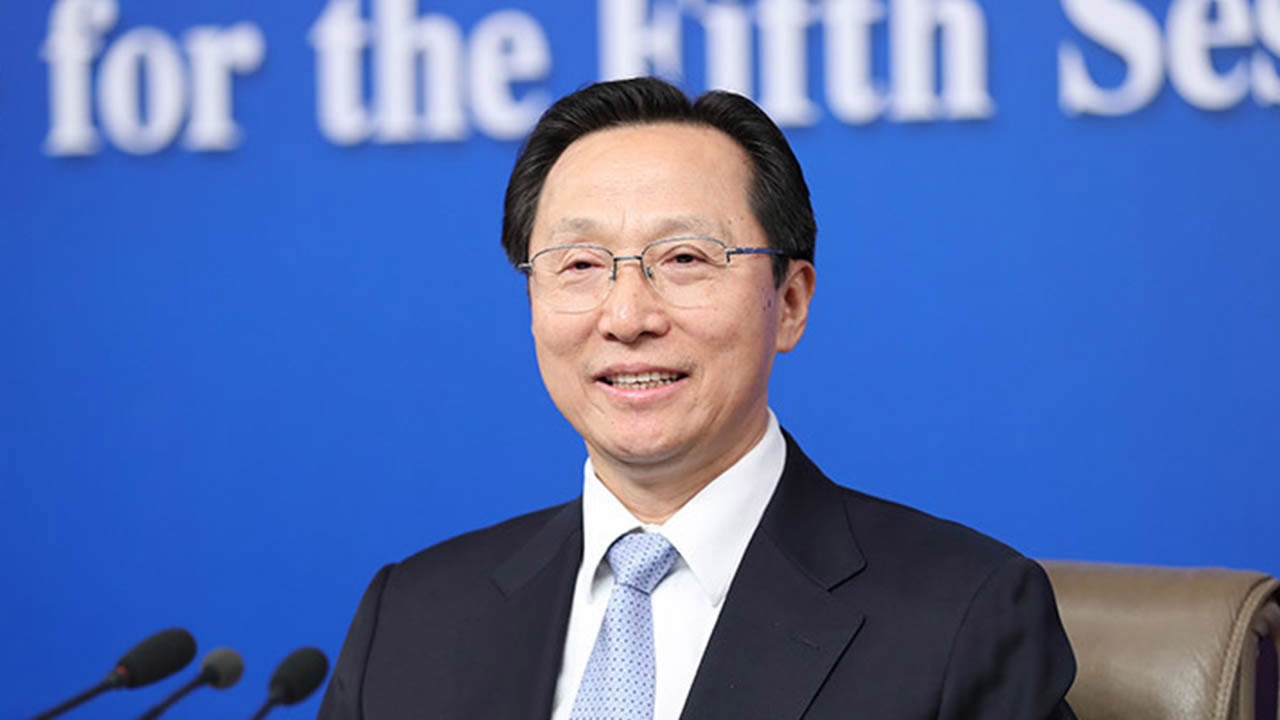
China has set up a sound safety evaluation system for genetically modified (GM) crops, which is based on globally recognized standards combined with China’s specific national conditions, and the safety of GM crops in China is guaranteed, said Zhang Taolin, China’s vice minister of agriculture on Tuesday.
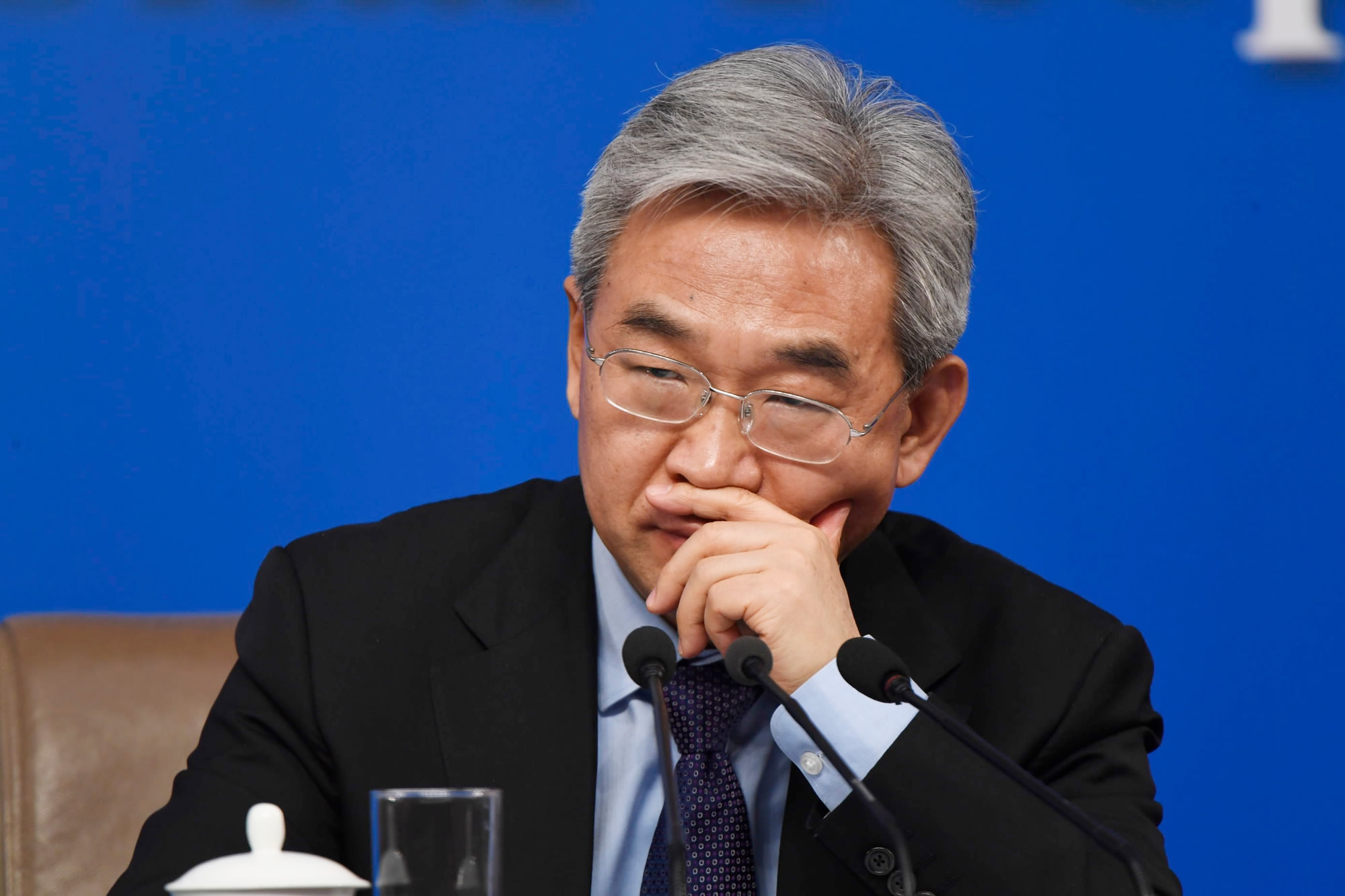
Zhang Taolin, China’s vice minister of agriculture, attends a press conference during the 5th session of the 12th National People’s Congress in Beijing on March 7, 2017. /CFP Photo
Zhang Taolin, China’s vice minister of agriculture, attends a press conference during the 5th session of the 12th National People’s Congress in Beijing on March 7, 2017. /CFP Photo
Zhang vowed to beef up supervision on GM crops and promote transgenic technology development in a bid to better benefit the people, while answering questions with Han Changfu, Chinese Minister of Agriculture, at a press conference during the fifth session of the 12th National People’s Congress in Beijing on Tuesday.
Zhang pointed out that the seeds from the illegal GM crop plantation cases in China were actually secure, as they had acquired the valid safety certificates from certain foreign countries, along with China’s import certificates, and the same kind of seeds have been widely cultivated in some countries.
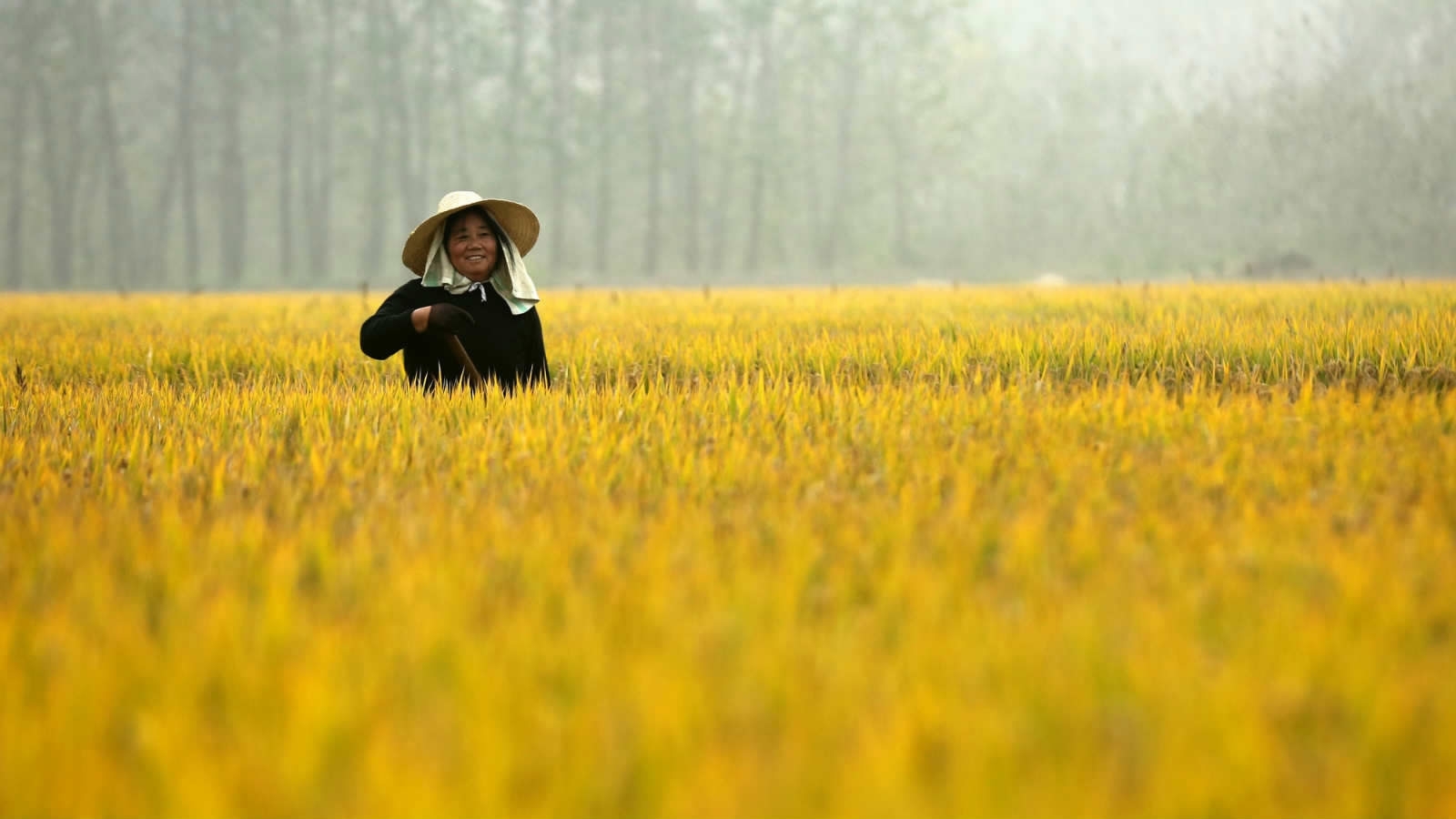
VCG Photo
VCG Photo
They were identified as illegal only because of China’s strict standards and procedures in terms of GM safety evaluation.
Zhang also outlined China’s roadmap for the development of GM crops, giving priority to development of non-edible cash crops. Next in line comes indirectly edible and then edible crops, reflecting China's prudent attitude to GM crops.
In addition to Zhang's remarks, the minister Han Changfu emphasized that growing of GM grain crops such as corn and rice for commercial purposes is banned in China, while illegal production and sales of GM crops are strictly prohibited.
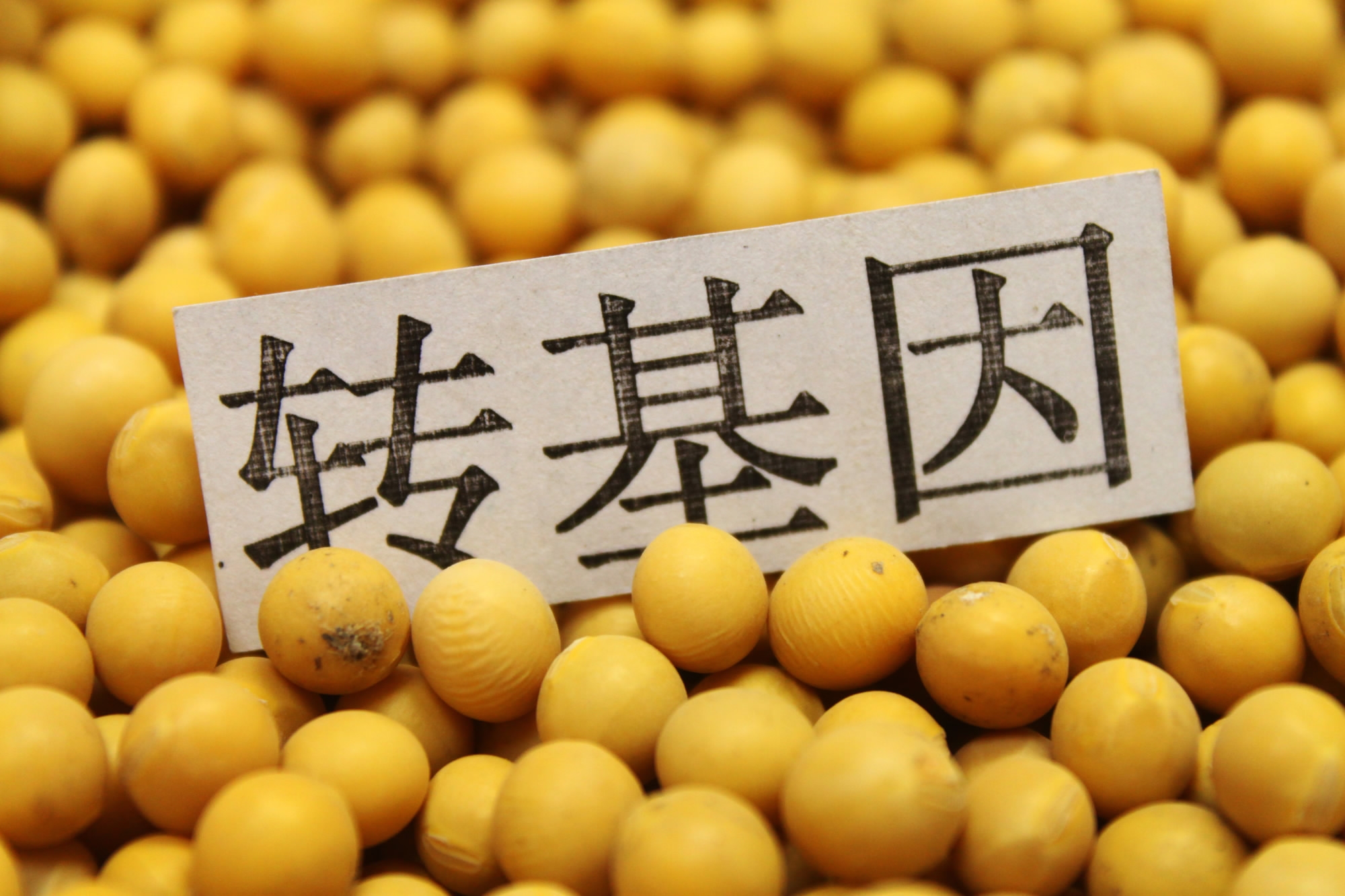
The picture shows genetically modified corns. /CFP Photo
The picture shows genetically modified corns. /CFP Photo
GM crops are currently grown in 28 nations around the world, and 37 countries/regions import them, and no confirmed case has been found against the safety of GM crops.
A total of 109 Nobel laureates signed a sharply worded letter to Greenpeace urging the environmental group to rethink its longstanding opposition to genetically modified organisms (GMOs) in June 2016. The writers argued that the anti-GMO campaign is scientifically baseless and potentially harmful to poor people in the developing world.
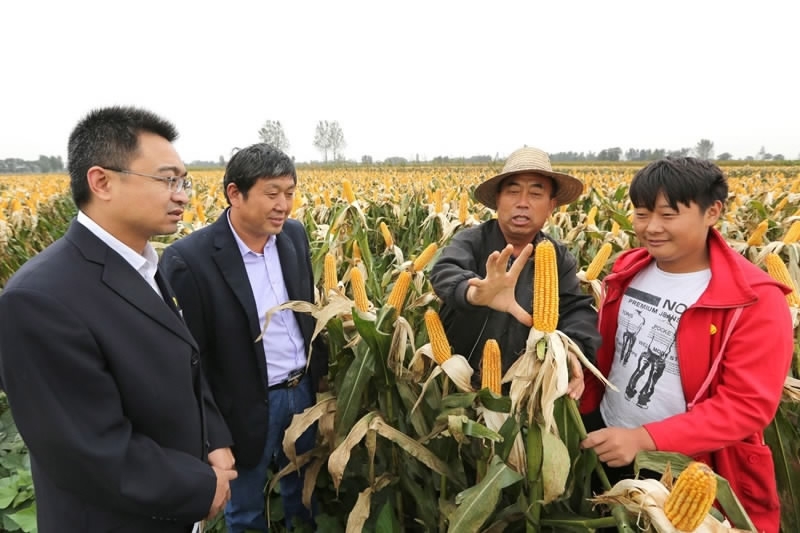
A cornfield in Hua County, Henan Province in central China on September 29, 2016. /CFP Photo
A cornfield in Hua County, Henan Province in central China on September 29, 2016. /CFP Photo
Han Changfu also detailed some of China’s environmental protection achievements: China saw no increase in the usage of pesticides and fertilizers in 2016, and it has released a project to pilot a fertilizer-replacement program in 100 counties and districts this year.
The program is part of China's effort to scale back the use of chemical fertilizers and switch to organic alternatives.
Han pledged to cut chemical fertilizer usage by 50 percent in growing areas for fruit, greenhouse vegetables and tea by 2020.
Taking green development as a key step, China will consider both the protection of resources and waste treatment to improve the agricultural environment.
Han also stressed that China will continue to boost agricultural supply-side structural reform.

SITEMAP
Copyright © 2018 CGTN. Beijing ICP prepared NO.16065310-3
Copyright © 2018 CGTN. Beijing ICP prepared NO.16065310-3